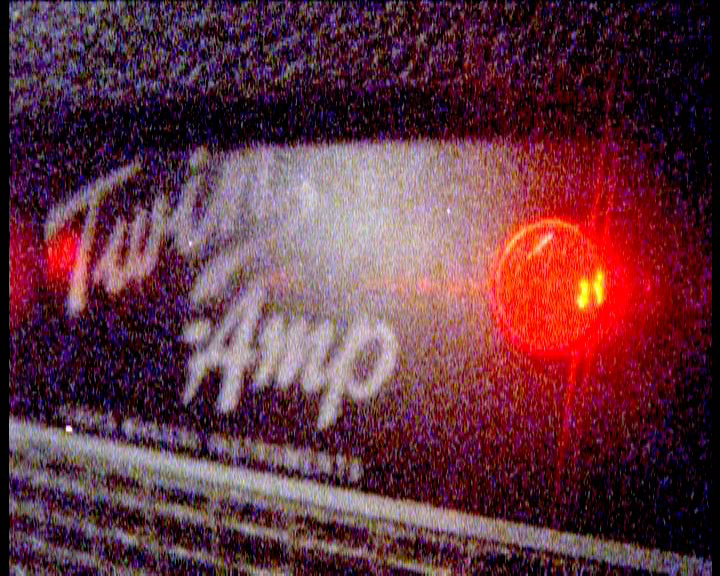
See Noise Hear Light Saturday
Jazkamer Keiji Haino Kiyoharu Kuwayama Lee Patterson Matt Hulse Ravi Padmanabha Steve Baczkowski The Bohman Brothers Tony Conrad
Freeform Super 8mm documentation of Saturday at Instal 06 by filmmaker Matt Hulse.
Arika have been creating events since 2001. The Archive is space to share the documentation of our work, over 600 events from the past 20 years. Browse the archive by event, artists and collections, explore using theme pairs, or use the index for a comprehensive overview.

Freeform Super 8mm documentation of Saturday at Instal 06 by filmmaker Matt Hulse.

Includes: a £20 note, stock fluctuations, an examination of words in the video medium, a linguistic challenge for your mind, a frame by frame dissection 50 words, shop front poetry, image and language head to head and newspapers under the microscope.

For day one of Ultra-red’s project, the investigation will take up protocols for listening to the sound of freedom composed and facilitated by George E. Lewis.
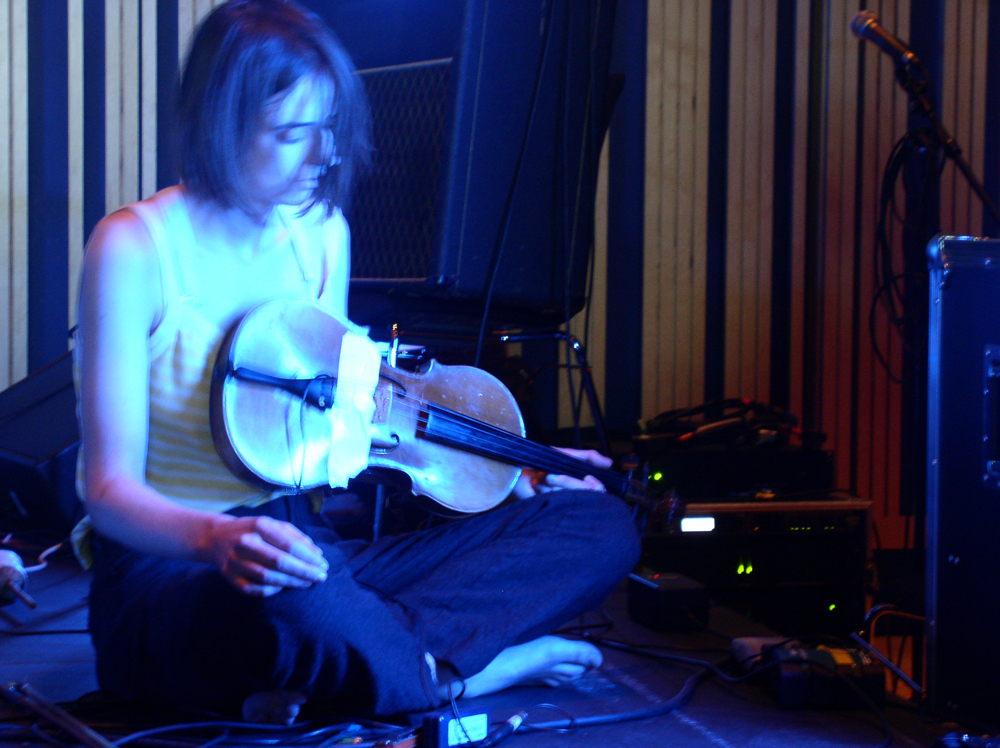
Veterans of the psych-infused UK free noise scene, the Vibracathedral Orchestra is a hypnotic ur-drone group hailing from Leeds.

A celebration of the release of four books written by members of, and focused on about the House and Ballroom scene.
Post consideration and post rationalisation… How do we think about experimental music and film after the performance?

Simon Morris is joined by Nick Thurston as they attempt to read aloud whilst peddling on exercise bikes.
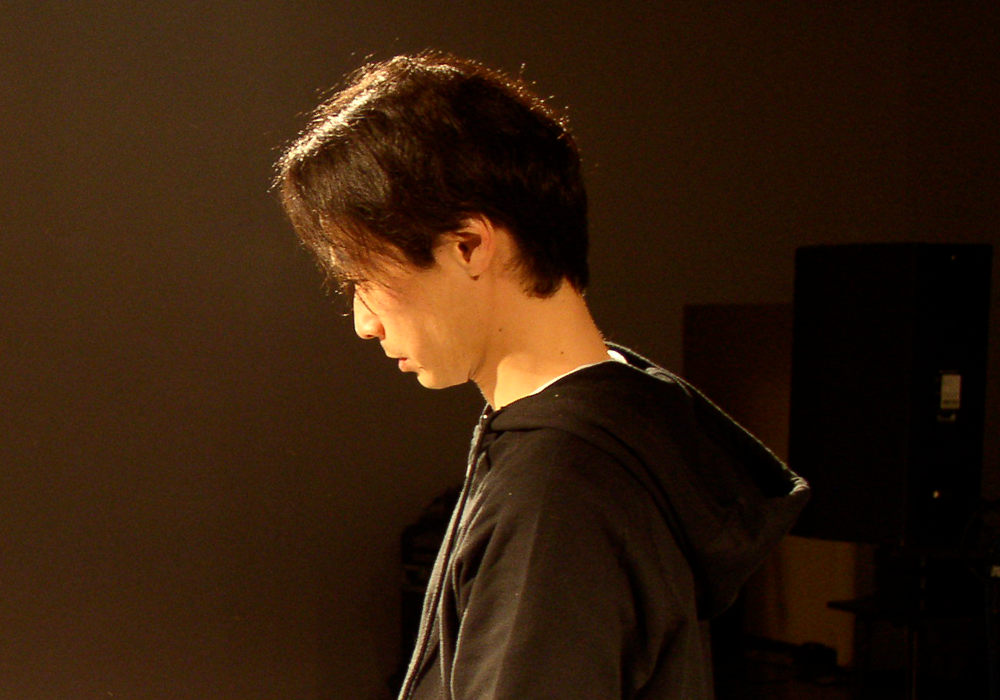
Exploring the interplay between punk sinewave aggression, high-speed video sequences and stroboscopic lighting
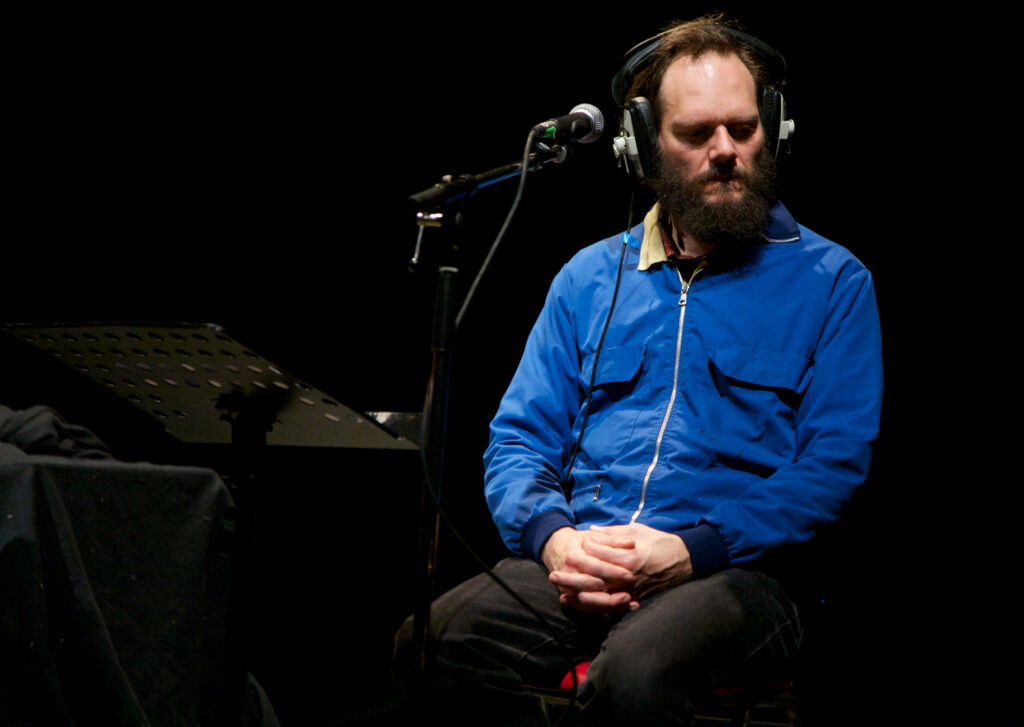
Listening to people listening to their own homes. Musicians and actors will listen back to recordings made in local peoples homes on headphones, and interpret/ translate what they are hearing.

Bruno’s liberated improvisational approach stretches beyond the lyrical, tough as nails rhythmic bursts and expressive, swinging attack of his drumming.
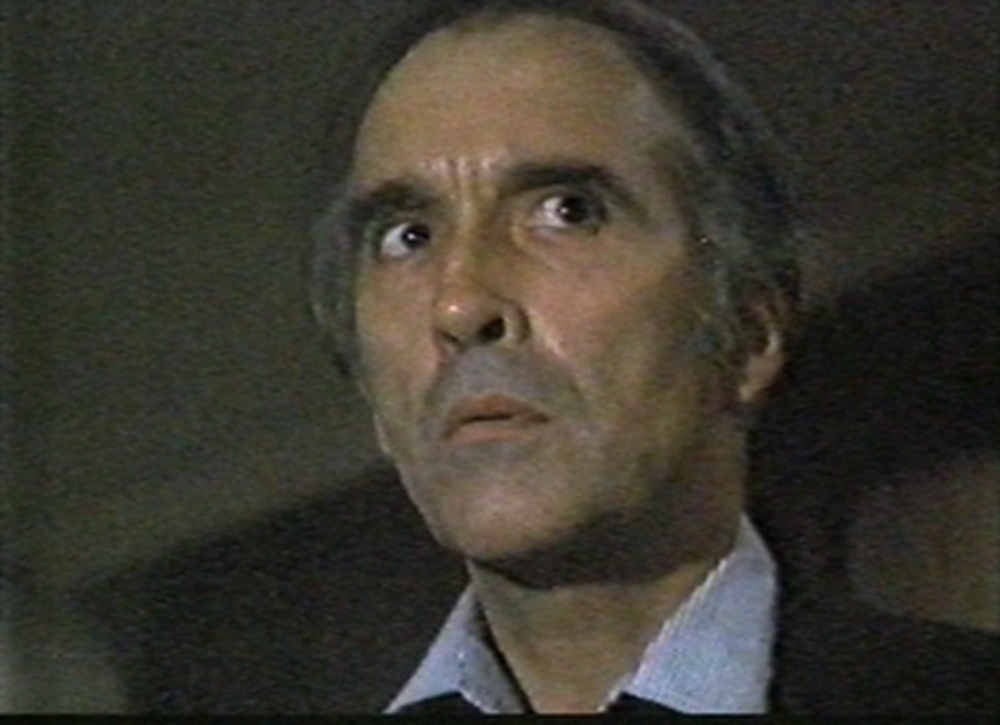
Whether drawing their own fractured, abstract narrative, or re-contextualising, chewing up and spitting out someone else’s, each of the films here take a dramatic arc as their starting point and throw it to the wind.

Two bottomless brunch writing workshops—with readings—speculating the relationship between space, infrastructure, technologies and sex.